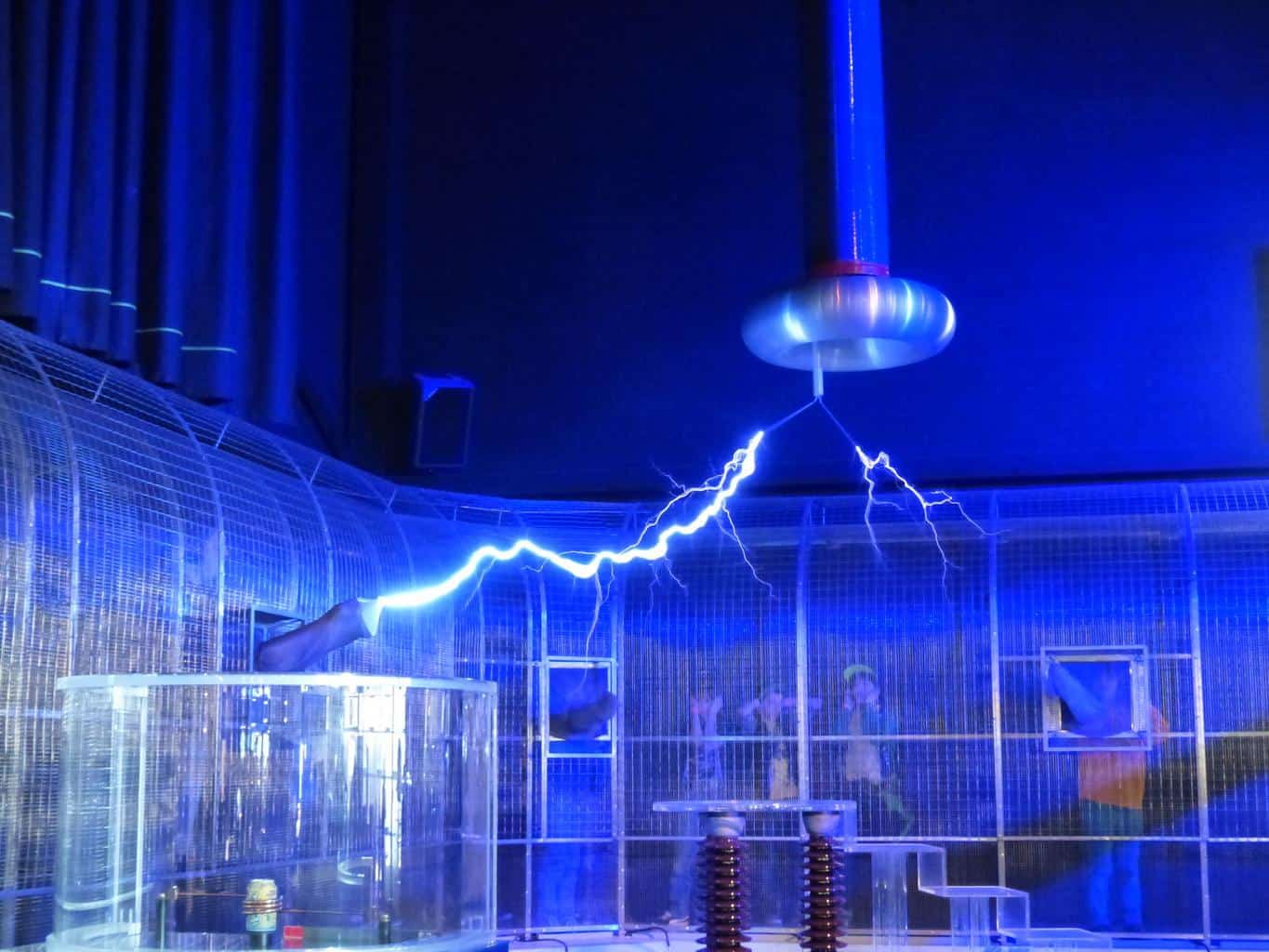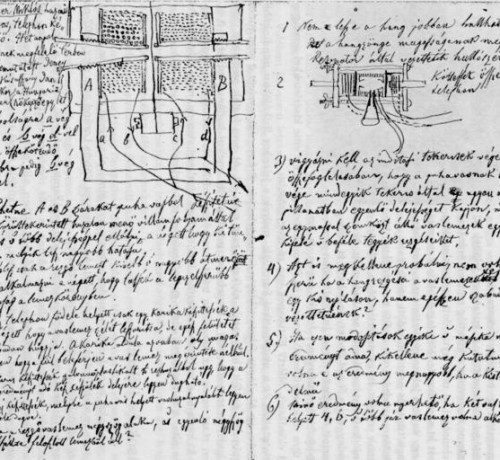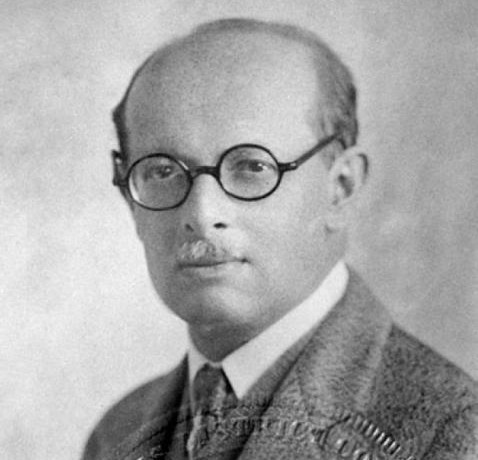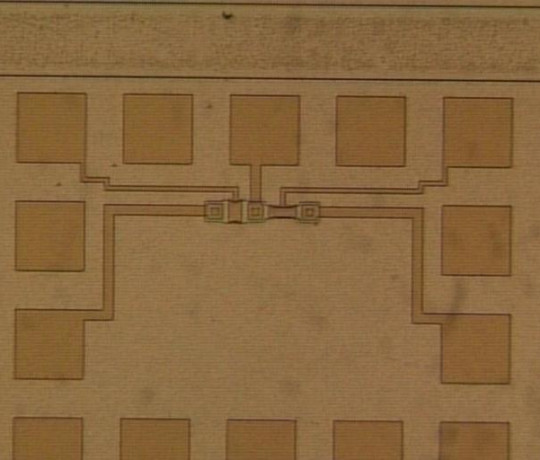Hungary has contributed as much to modern electronics as Nicola Tesla did, or maybe even more. What is more, bright Hungarians have played a decisive role in inventing key components of any modern circuit board and even the electric car.
No mobile phone would operate without a transistor, no national grid is complete without a transformer, and no electric car would go anywhere without an electric motor. Indeed, modern technology and progress are highly reliant on these most unseen Hungarian inventions.
It is important to point out that throughout history, certain inventions have appeared at very similar times in more than one place. That is why a few people are credited as inventors of one innovation or another. To me, the person who presented the invention first is usually the one who “invented” it. One thing is to arrive at the idea, but a whole other thing is to make it a reality.
The Electric Car
While we think of the electric car as a modern invention, its roots date back to the 19th century. Ányos Jedlik was born in 1800, and 28 years later invented the first electric car. Interestingly, he used a 21st-century approach to his work, in that he built a prototype model.
His model of an electric car was based on an earlier invention of his. Just a year earlier, he was the first one to convert electric current into mechanical motion. The electric motor he invented in 1827 is still in working order and has all the parts of a modern, mass-produced electric motor.
The Transistor
While our brains rely on cells to process information, computers rely on transistors. Modern-day circuits, even the most basic ones, have at least one transistor in them. At the beginning of the 1920s, a group of scientists was working on achieving a pure element (Germanium) to be used in radars.
Coincidentally, Austro-Hungarian born physicist Julius Edgar Lilienfeld was experimenting with Germanium in his spare time and discovered its electrical properties. Because he didn’t publish his results, his work was not discovered until the 1930s. Modern-day processors are essentially millions of transistors that work in sync and without them you would not be looking at these words on the screen right now.
The Transformer
And here we go again, who would have known that the movie Transformers was created after someone didn’t follow an IKEA manual and made a robot instead of a Poäng armchair. But we’re talking about the transformer, not The Transformers, silly. By 1884, the industrial revolution in Europe was over.
A device to alter the voltage was needed for the proper operation of machinery. Three engineers, working for Ganz Works- Károly Zipernowsky, Ottó Bláthy and Miksa Déri came up with a prototype that regulated the voltage across the factory without any issues. Over time, transformers have made their way into every aspect of modern life and to every household connected to the national grid. As we all know, electricity is produced on a large scale.
Distributing that power around a city efficiently requires extremely high voltages of around 400,000 volts. yet, at home, we use a voltage of 220V, or even 12V etc. That is thanks to this Hungarian invention- the transformer. In fact ultimately, your laptop charger is also a transformer that converts voltage from 220V to 20V approximately.
Contributions to modern science
The list goes on, Hungarians are also credited with inventing the Ultramicroscope, variable capacitor, and have made countless other contributions to modern science. Recently, a physicist by the name of Attila Krasznahorkay confirmed the existence of a fifth fundamental force which could mean another breakthrough in modern physics and a potential Nobel prize. With a long history of innovation, Hungary will continue to make breakthrough inventions and discoveries in science. It is only a matter of time.











